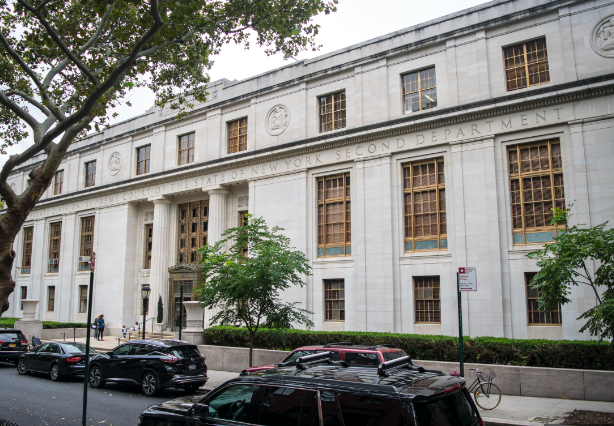Latest decisions from the Appellate Division, Second Department

Appellate Division dismisses mandamus proceeding against Brooklyn judge
The Appellate Division, Second Department, has dismissed a proceeding brought by Giuseppe Lubrano against Justice Esther Morgenstern of the Supreme Court, Kings County. The decision upheld the denial of Lubrano’s request for mandamus relief, which sought to compel Justice Morgenstern to vacate an order from a family case and to recuse herself from further proceedings.
Lubrano, representing himself, filed the CPLR article 78 petition, arguing that Justice Morgenstern had erred in her judicial duties in the case of Lubrano v. Lubrano. He also sought poor-person relief to waive the filing fees associated with his petition.
The court granted Lubrano’s request for a waiver of the filing fee but denied all other relief, finding that he had not adequately stated a cause of action for mandamus, which is an extraordinary remedy reserved for compelling a public official to perform a ministerial act where there is a clear legal right to the requested action.

Brooklyn Heights
View MoreRead the Brooklyn Height's Press and Cobble Hill News. Find out more about Brooklyn Height's History here.